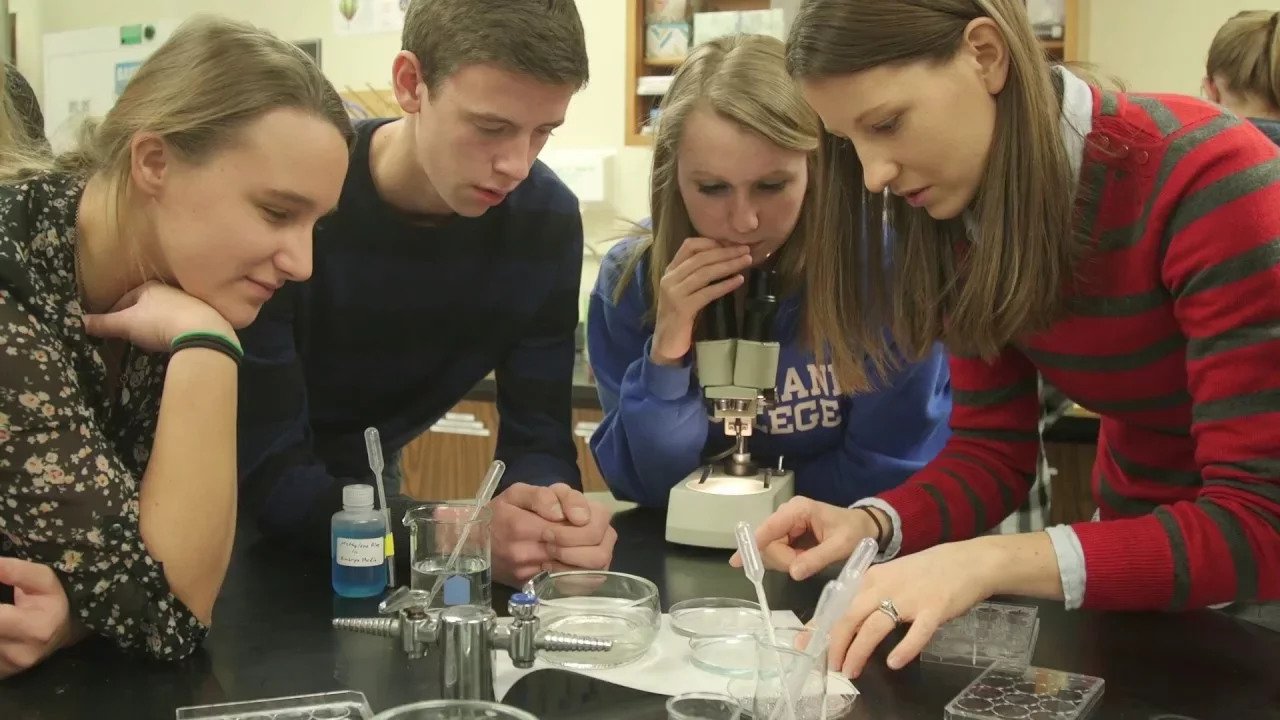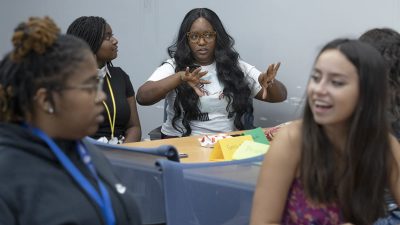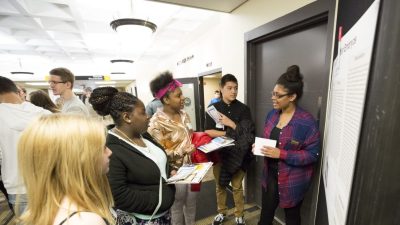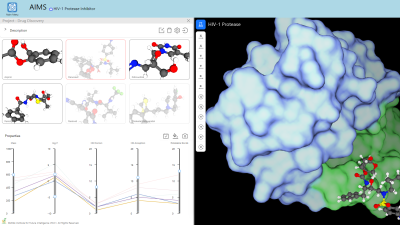Empowering Pre-service Teachers and Students with Environmental Health Research

Project Website(s)
-
Project Description
The proposed program will contribute significantly to the preparation of new pre-service science educators who can instill inquiry/experimental environmental health research into their classroom teaching. Besides new, highly competent teachers, the program will also encourage students, particularly disadvantaged and underrepresented students, to enter biomedical STEM careers and provide them with a foundation to understand environmental health issues.
-
Abstract
The Federal CoSTEM Strategic Plan aims to prepare 100,000 excellent new K–12 STEM teachers by 2020 and to greatly increase the number of US youth who have an authentic STEM experience each year prior to completing high school. The National Institutes of Health set forth complementary goals to (i) enhance workforce development (education) that stimulates biomedical, behavioral and clinical research; (ii) increase diversity of the research community; and (iii) increase understanding of health related research by the general population.
The proposed SEPA project addresses these objectives within the context of the Next Generation Science Standards. Its integrated set of activities is designed to prepare pre-service teachers to infuse guided inquiry/research and research communication into high school life science courses and are coupled to societal environmental health issues of relevance to students. Using workshops and other activities, pre-service teachers will gain research experience with environmental health scientists and learn the content of several fully developed experiment modules that utilize live organisms as biomedical models.
The modules engage students in the investigation of impacts of environmental- and life style-chemicals on fundamental biological processes. Then, the pre-service teachers will be paired with master teachers to implement the modules during their student teaching experiences with specific emphasis on working within the Milwaukee Public School System and other districts with many disadvantaged students. Research must also be communicated. Thus, the modules extend the scientific process to informal discussion with peers, the literature, writing and reviewing scientific papers, making research posters, and attending a student scientific conference.
In order to offer pre-service teachers and their students this rigorous program, all its components are strongly supported by the SEPA team, including responding to the variety of issues that inevitably arise as laboratory research enters the classroom. This can be done because the SEPA team includes knowledgeable and experienced scientists and science educators.
The following specific aims summarize the goals in delivering this program of scientific, environmental health inquiry to pre-service teachers and students.
- To prepare 100 pre-service teachers to lead students in guided inquiry across the scientific process (experimentation to communication) using special experiment modules in the context of a summer workshop, year-long work with team scientists, and practice teaching with master teacher mentors.
- To provide pre-service teachers with environmental health research background knowledge.
- To give pre-service teachers and classrooms year-round support to implement the program.
- To introduce 5,000 high school students to scientific research and communication through experiment modules, on-line resources, research papers and posters, and a student research conference.
- To focus the program on the Milwaukee Public School System and its large disadvantaged and underrepresented student population.
- To evaluate the program fully including a comparison group method.
Project Audience
9-12 pre-service science teachers, in-service science teachers, and high school students
Subjects Addressed
Biology, Environmental Science, Life Science
Associated SEPA Publication(s)
-
Meeting the COVID Challenge to a Research-Intensive Pre-college Science Education Program
Journal of STEM Outreach
Berg C, Carvan M, Hesselbach R, Luo Z, Petering D, Pickart M, Tomasiewicz H, Weber D, Shukla R, and Goldberg B






